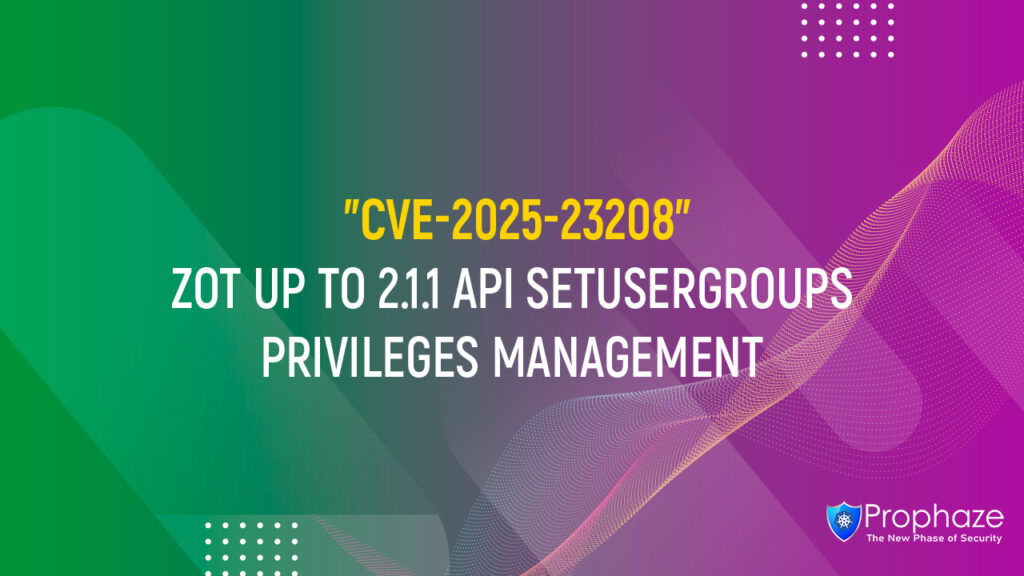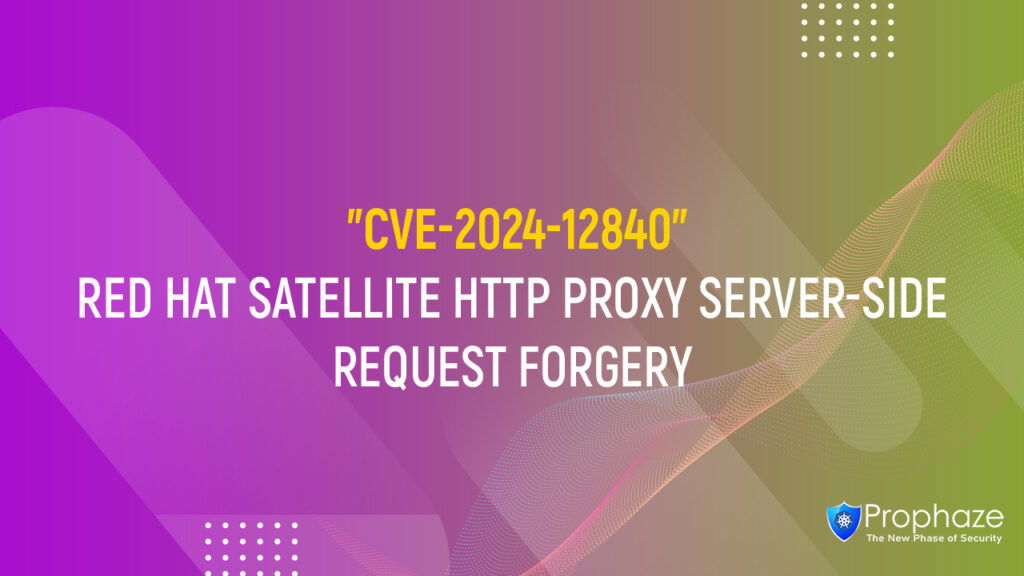| Overview : | ||||
Stored XSS vulnerability in expandable textbox form controlSECURITY-1498 / CVE-2019-10401 Jenkins form controls include an expandable textbox that can transform from a single-line text box to a multi-line text area. The implementation of this transformation interpreted the text content of the form field as HTML. This resulted in a cross-site scripting vulnerability exploitable by attackers able to control the contents of such Jenkins no longer interprets XSS vulnerability in combobox form controlSECURITY-1525 / CVE-2019-10402 Jenkins interpreted items added to Jenkins no longer interprets items added to a combobox as HTML.
Stored XSS vulnerability in SCM tag action tooltipSECURITY-1537 (1) / CVE-2019-10403 Jenkins did not escape the tag name on the tooltip for tag actions shown in the build history. This resulted in a cross-site scripting vulnerability exploitable by attackers able to control the SCM tag name for these actions. Jenkins now escapes the SCM tag action. Stored XSS vulnerability in queue item tooltipSECURITY-1537 (2) / CVE-2019-10404 Jenkins did not escape the reason a queue item is blocked in tooltips. This resulted in a cross-site scripting vulnerability exploitable by attackers able to control the reason a queue item is blocked, for example a label expression that does not match idle executors. Jenkins now escapes the reason a queue item is blocked in tooltips. Diagnostic web page exposed Cookie HTTP headerSECURITY-1505 / CVE-2019-10405 Jenkins shows various technical information about the current user on the This allowed attackers able to exploit another cross-site scripting vulnerability to obtain the Jenkins no longer shows the value of the XSS vulnerability in Jenkins URL settingSECURITY-1471 / CVE-2019-10406 Jenkins did not validate or otherwise limit the possible values administrators could specify as Jenkins root URL. This resulted in a cross-site scripting vulnerability exploitable by users with Overall/Administer permission. Jenkins now prevents values other than HTTP/HTTPS URLs from being set as Jenkins root URL. Existing instances with invalid root URLs will behave as if no root URL was set.
Project Inheritance Plugin showed secret environment variables defined in Mask Passwords PluginSECURITY-351 / CVE-2019-10407 Mask Passwords Plugin allows users to define secret environment variables (typically passwords) to be passed to builds, both globally, and for specific jobs. These environment variables are expected to not be shown. Project Inheritance Plugin showed the variable values on its Full Build Flow view and included them in the metadata download without masking. Project Inheritance Plugin no longer shows variables contributed from Mask Password Plugin without masking. CSRF vulnerability and missing permission check in Project Inheritance PluginSECURITY-401 / CVE-2019-10408 (CSRF), CVE-2019-10409 (permission check) Project Inheritance Plugin allows the creation of projects based on templates defined in the plugin configuration. A missing permission check in the HTTP endpoint triggering project creation allowed users with Overall/Read permission to create these projects. Additionally, the HTTP endpoint did not require POST requests, resulting in a CSRF vulnerability. The HTTP endpoint triggering project creation now requires Item/Create permission and submission of requests via POST. Stored XSS vulnerability in Log Parser PluginSECURITY-732 / CVE-2019-10410 Log Parser Plugin did not escape an error message shown when log parsing patterns are invalid. This resulted in a persisted cross-site scripting vulnerability exploitable by attackers able to control the log parsing rules configuration, typically users with Job/Configure permission. Jenkins applies the missing escaping by default since 2.146 and LTS 2.138.2, so newer Jenkins releases are not affected by this vulnerability. Log Parser Plugin now escapes all variables displayed in its views. NeuVector Vulnerability Scanner Plugin stored credentials in plain textSECURITY-1504 / CVE-2019-10430 NeuVector Vulnerability Scanner Plugin stored registry credentials unencrypted in its global configuration file NeuVector Vulnerability Scanner Plugin now stores these credentials encrypted. Aqua MicroScanner Plugin showed plain text credential in configuration formSECURITY-1507 / CVE-2019-10427 Aqua MicroScanner Plugin stores a token credential in its global Jenkins configuration. While the token is stored encrypted on disk, it was transmitted in plain text as part of the configuration form. This could result in exposure of the token through browser extensions, cross-site scripting vulnerabilities, and similar situations. Aqua MicroScanner Plugin now encrypts the token transmitted to administrators viewing the global configuration form. Aqua Security Scanner Plugin showed plain text password in configuration formSECURITY-1508 / CVE-2019-10428 Aqua Security Scanner Plugin stores a password in its global Jenkins configuration. While the password is stored encrypted on disk, it was transmitted in plain text as part of the configuration form. This could result in exposure of the password through browser extensions, cross-site scripting vulnerabilities, and similar situations. Aqua Security Scanner Plugin now encrypts the password transmitted to administrators viewing the global configuration form. Inedo BuildMaster Plugin Plugin showed plain text password in configuration formSECURITY-1513 / CVE-2019-10411 Inedo BuildMaster Plugin Plugin stores a service password in its global Jenkins configuration. While the password is stored encrypted on disk, it was transmitted in plain text as part of the configuration form. This could result in exposure of the password through browser extensions, cross-site scripting vulnerabilities, and similar situations. Inedo BuildMaster Plugin Plugin now encrypts the password transmitted to administrators viewing the global configuration form. Inedo ProGet Plugin Plugin showed plain text password in configuration formSECURITY-1514 / CVE-2019-10412 Inedo ProGet Plugin Plugin stores a service password in its global Jenkins configuration. While the password is stored encrypted on disk, it was transmitted in plain text as part of the configuration form. This could result in exposure of the password through browser extensions, cross-site scripting vulnerabilities, and similar situations. Inedo ProGet Plugin Plugin now encrypts the password transmitted to administrators viewing the global configuration form. Data Theorem: CI/CD Plugin stored credentials in plain textSECURITY-1557 / CVE-2019-10413 Data Theorem: CI/CD Plugin stored a proxy password unencrypted in job Data Theorem: CI/CD Plugin now stores the proxy password encrypted. Existing jobs need to have their configuration saved for existing plain text proxy passwords to be overwritten. Git Changelog Plugin stored credentials in plain textSECURITY-1574 / CVE-2019-10414 Git Changelog Plugin stored MediaWiki and Jira passwords unencrypted in job Git Changelog Plugin now stores these passwords encrypted. Existing jobs need to have their configuration saved for existing plain text passwords to be overwritten. GitLab Logo Plugin stored credentials in plain textSECURITY-1575 / CVE-2019-10429 GitLab Logo Plugin stored a private token unencrypted in its global configuration file GitLab Logo Plugin now stores the token encrypted. Violation Comments to GitLab Plugin stored credentials in plain textSECURITY-1577 / CVE-2019-10415 (global password), CVE-2019-10416 (job password) Violation Comments to GitLab Plugin stored API tokens unencrypted in job Violation Comments to GitLab Plugin now stores these credentials encrypted. Existing jobs need to have their configuration saved for existing plain text credentials to be overwritten. Script sandbox bypass vulnerability in Kubernetes Pipeline – Kubernetes Steps PluginSECURITY-920 (1) / CVE-2019-10417 Kubernetes Pipeline – Kubernetes Steps Plugin defines a custom whitelist for all scripts protected by the Script Security sandbox. This custom whitelist allows the use of methods that can be used to bypass Script Security sandbox protection. This results in arbitrary code execution on any Jenkins instance with this plugin installed. As of publication of this advisory, there is no fix. Script sandbox bypass vulnerability in Kubernetes Pipeline – Arquillian Steps PluginSECURITY-920 (2) / CVE-2019-10418 Kubernetes Pipeline – Arquillian Steps Plugin defines a custom whitelist for all scripts protected by the Script Security sandbox. This custom whitelist allows the use of methods that can be used to bypass Script Security sandbox protection. This results in arbitrary code execution on any Jenkins instance with this plugin installed. As of publication of this advisory, there is no fix. vFabric Application Director Plugin stores credentials in plain textSECURITY-1541 / CVE-2019-10419 vFabric Application Director Plugin stores the Application Director password unencrypted in its global configuration file As of publication of this advisory, there is no fix. Assembla Plugin stores credentials in plain textSECURITY-1543 / CVE-2019-10420 Assembla Plugin stores the Assembla password unencrypted in its global configuration file As of publication of this advisory, there is no fix. Azure Event Grid Build Notifier Plugin stores credentials in plain textSECURITY-1544 / CVE-2019-10421 Azure Event Grid Build Notifier Plugin stores the Azure Event Grid secret key unencrypted in job As of publication of this advisory, there is no fix. Call Remote Job Plugin stores credentials in plain textSECURITY-1548 / CVE-2019-10422 Call Remote Job Plugin stores a password unencrypted in job As of publication of this advisory, there is no fix. CodeScan Plugin stores credentials in plain textSECURITY-1551 / CVE-2019-10423 CodeScan Plugin stores an API key unencrypted in its global configuration file As of publication of this advisory, there is no fix. elOyente Plugin stores credentials in plain textSECURITY-1561 / CVE-2019-10424 elOyente Plugin stores a password unencrypted in its global configuration file As of publication of this advisory, there is no fix. Google Calendar Plugin stores credentials in plain textSECURITY-1572 / CVE-2019-10425 Google Calendar Plugin stores a calendar password unencrypted in job As of publication of this advisory, there is no fix. Gem Publisher Plugin stores credentials in plain textSECURITY-1573 / CVE-2019-10426 Gem Publisher Plugin stores an API key unencrypted in its global configuration file As of publication of this advisory, there is no fix. Severity
Affected Versions
Fix
These versions include fixes to the vulnerabilities described above. All prior versions are considered to be affected by these vulnerabilities unless otherwise indicated. As of publication of this advisory, no fixes are available for the following plugins:
|
Jenkins announces vulnerabilities
CVE-2025-23208 : ZOT UP TO 2.1.1 API SETUSERGROUPS PRIVILEGES MANAGEMENT
Description zot is a production-ready vendor-neutral OCI image registry. The group data stored for users in the boltdb database (meta.db)
CVE-2024-12867 : ARCTIC SECURITY ARCTIC HUB UP TO 5.5.1872 CONFIGURATION SERVER-SIDE REQUEST FORGERY
Description Server-Side Request Forgery in URL Mapper in Arctic Security’s Arctic Hub versions 3.0.1764-5.6.1877 allows an unauthenticated remote attacker to
CVE-2024-12840 : RED HAT SATELLITE HTTP PROXY SERVER-SIDE REQUEST FORGERY
Description A server-side request forgery exists in Satellite. When a PUT HTTP request is made to /http_proxies/test_connection, when supplied with




